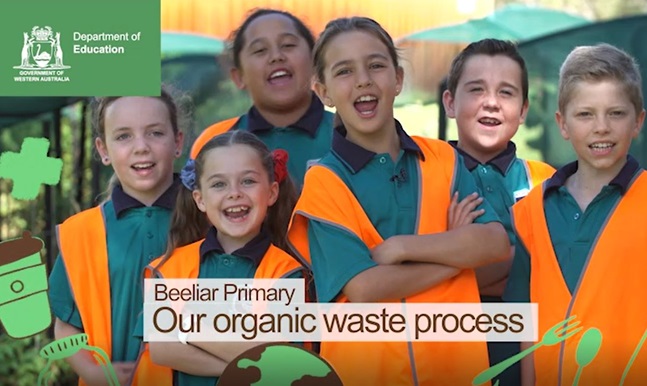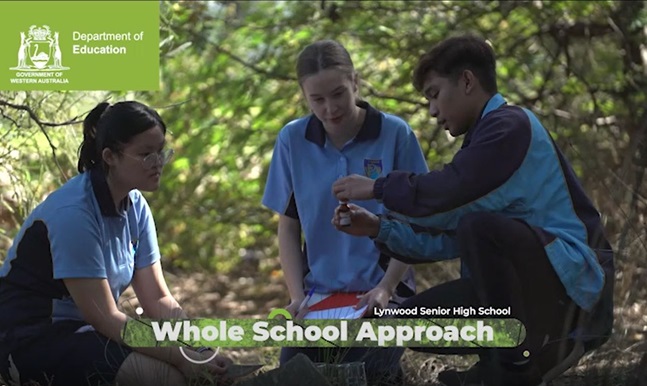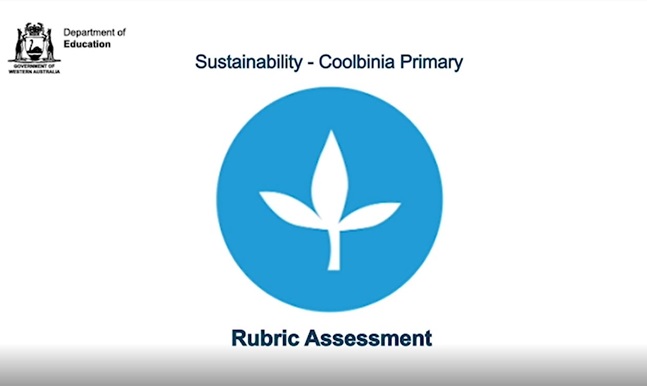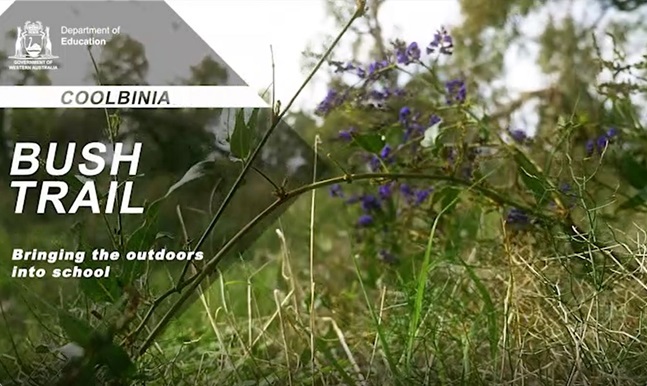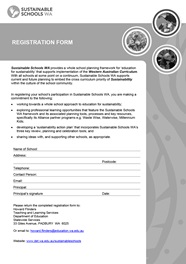
Resources
About Sustainable Schools WA
Topic: Sustainable schools
On this page
Action Learning Areas
Western Australian schools identified twelve action-learning areas that reflect the interconnected, holistic concept of sustainability as follows:
- built environment
- biodiversity
- community partnerships
- cultural and social diversity
- economics
- energy
- Aboriginal and Torres Strait Islander histories and cultures
- purchasing (consumption)
- student and staff wellbeing
- transport and air
- waste
- water
Each action learning area can be defined by reference to an overarching goal, and it is these that reflect the ‘deep why’ of Sustainable Schools WA. Action learning areas provide opportunities for schools to improve their local natural environmental (reduce ‘ecological footprint’) and achieve a range of positive social outcomes (increase ‘social handprint’).
Action learning areas have been mapped to the United Nations Sustainable Development Goals.
Increasing a school’s social handprint and reducing its ecological footprint is a complementary process that allows schools to demonstrate the roles they play in creating a more sustainable future, for all.
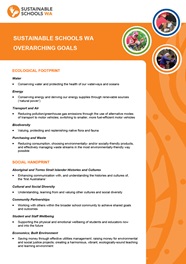
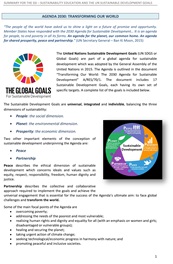
United Nations Sustainable Development Goals
The United Nations Sustainable Development Goals are part of a global agenda for sustainable development which was adopted by the General Assembly of the United Nations in 2015.
Sustainability action planning templates
Identify and celebrate education for sustainability activities and processes at your school using the Key Elements Rubrics, Ecological Footprint and Social Handprint templates.
This review and celebration will assist schools to identify planning opportunities to move further along a continuum to becoming a ‘sustainable school’.
Developing a whole-school sustainability action plan will support a broad range of positive educational, social, environmental and economic outcomes that will flow from this process.
.tmb-resource.jpg?sfvrsn=a04334b0_3)
Connect community
A steadily growing community of teachers and administrators are connected in this online community where a range of resources and examples of good practice are shared via notices and discussions.
Case studies
A number of case studies have been provided by schools that highlight their activity linked to particular action learning areas. Case studies are housed in the library of the Connect community and is available to staff within the Department of Education. Many of the case studies reference the ‘Curriculum Framework’, rather than the current Western Australian Curriculum. Translating these links to the current curriculum is relatively straightforward, with the case studies still providing excellent examples of action-based teaching and learning that schools can engage in.
Sustainability action plans
Every school is unique and, as such, schools’ sustainability action plans will all have a slightly different ‘look and feel’. However, respective sustainability action plans will share many common characteristics in terms of action-based teaching and learning programs and initiatives, as well as systems and processes established to support them.
A broad cross section of these action plans can be found in the Library of the Connect community.
Videos
A small collection of videos has been created to showcase some of our schools’ amazing education for sustainability work.
Registration
Registering to participate in Sustainable Schools WA signals a commitment to:
- working towards a whole-school approach to education for sustainability
- exploring professional development opportunities for staff that feature the Sustainable Schools WA framework and associated planning tools and processes
- developing a broad-based sustainability action plan for their school, which incorporates Sustainable Schools WA's three review, planning and celebration tools
- sharing information with, and supporting other schools
- sharing information with the broader local community.
.tmb-resource.jpg?sfvrsn=5211b040_3)
.tmb-resource.jpg?sfvrsn=cfe2c77b_3)
.tmb-resource.jpg?sfvrsn=ff28a321_3)
.tmb-resource.jpg?sfvrsn=fce10025_3)
